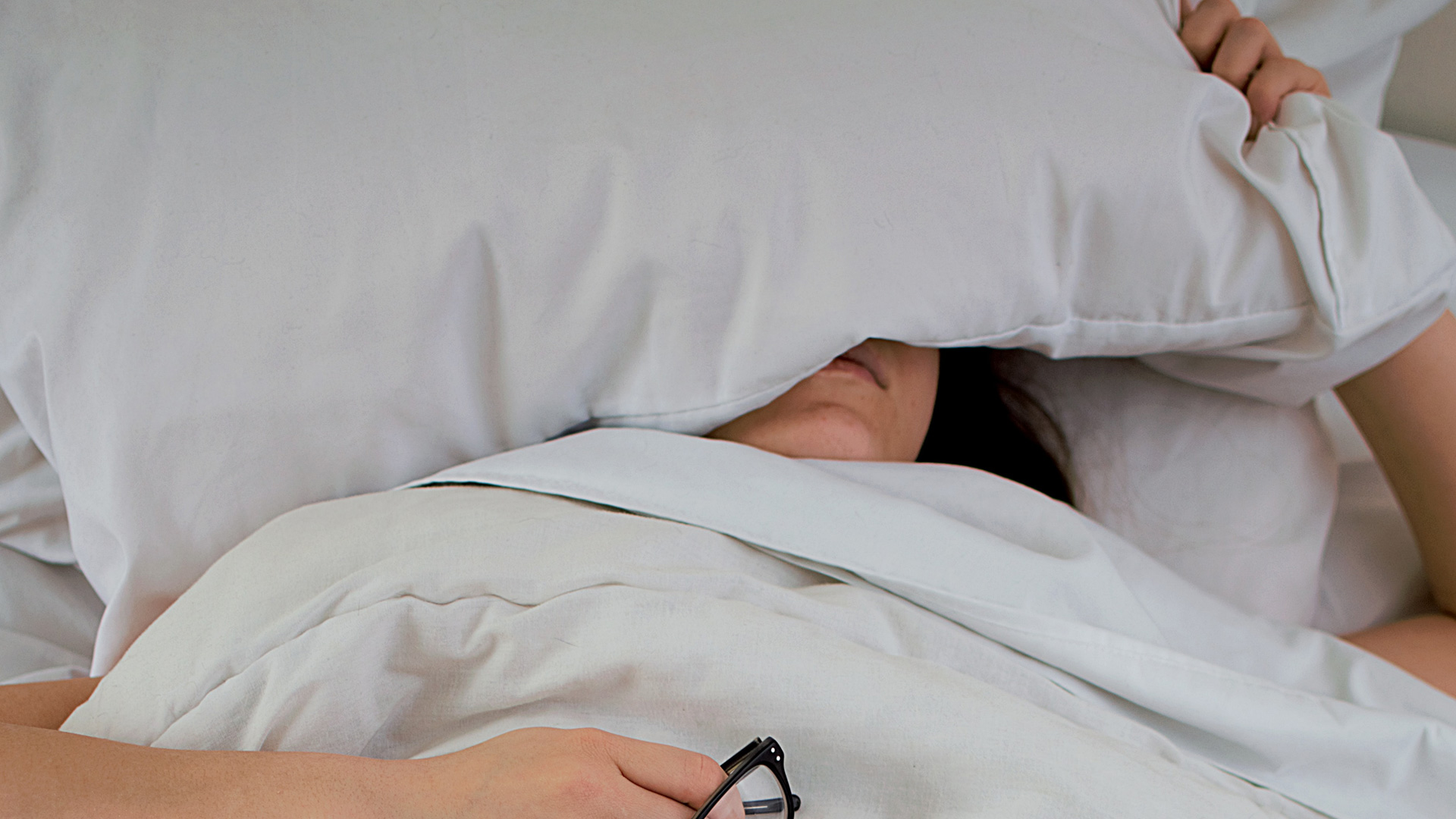

There's actually a biological reason why teenagers sleep late. For a long time, we've had evidence that teens are biologically predisposed to go to bed later and rise later. That's not to say that this issue isn't exacerbated by bad habits – teens aren't known for their good sleep hygiene (although really, who is?) – but science isn't on their side either.
Let's look at the scientific reasons why teenagers sleep late first. During puberty, there is a change in your circadian rhythm (when you naturally want to sleep and wake), shifting back by a couple of hours. In fact, a 2004 study from the University of Munich found that human chronotypes (internal clock) are typically early (i.e. waking early, going to bed early) in childhood, and then gradually get later and later until the age of 20. At this point, there's an abrupt change and they start getting earlier again.
Researchers argued that based on those results, 20 could be considered "the first biological marker of the end of adolescence". There was also a gender split recorded, with males participants being on average, later chronotypes for most of their adulthood, but reaching the peak of their lateness at an older age than the females (19 and a half, compared to 21 for females). That difference disappeared around the age of 50.
There are potential issues to consider, though. The paper acknowledges that "Our data also cannot formally rule out behavioural and environmental factors influencing the age- and sex-dependent differences in chronotype; i.e. do teenagers sleep late because they go to the disco or do they go to the disco because they cannot sleep until late?"
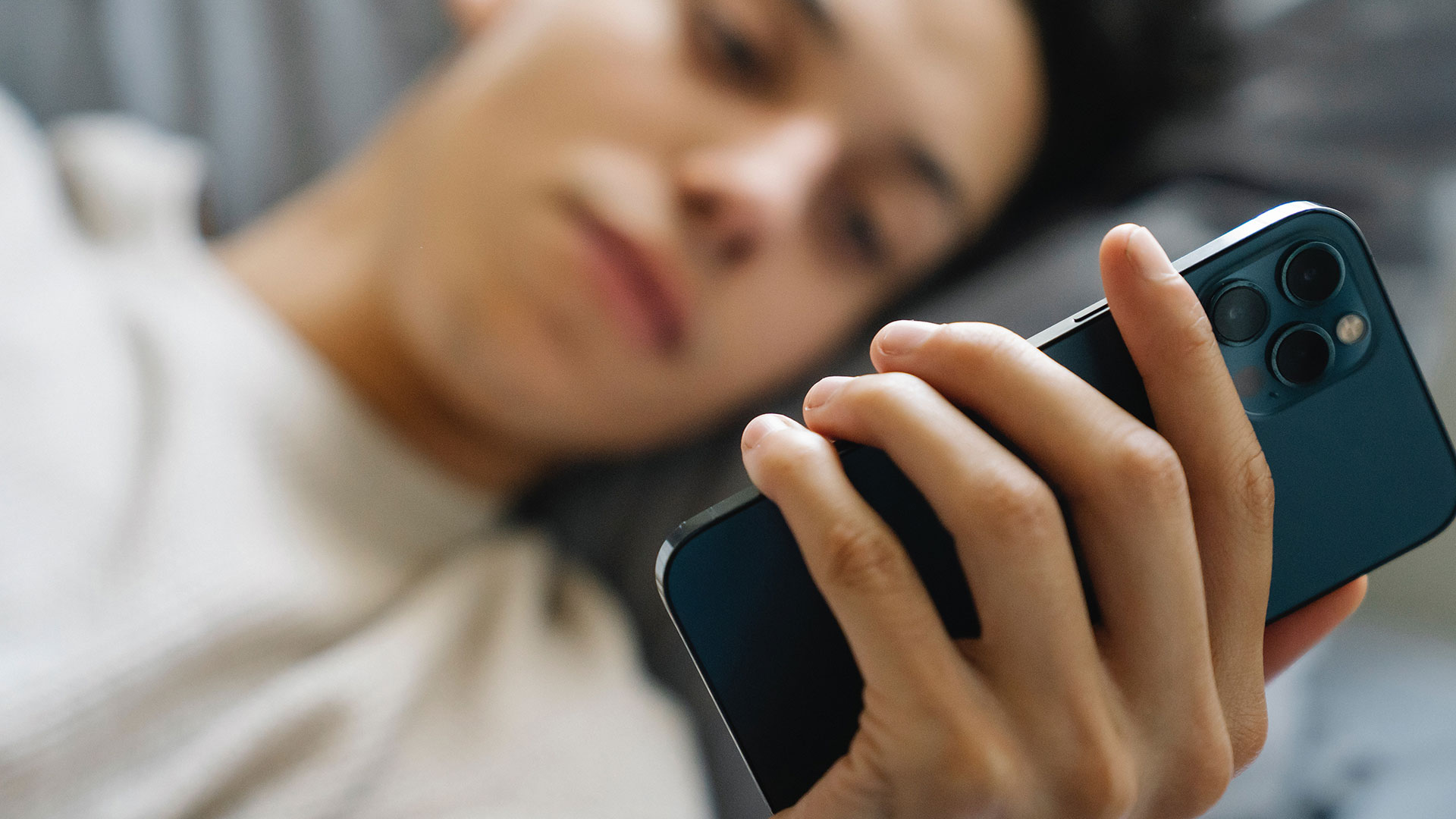
Other sources point out that there are multiple other factors, tied to typical teenage lifestyle patterns, that could also play a role in the tendency to stay up late, and sleep late to make up for it – for example, high levels of screen use and social events in the evenings. What is cause and what is effect isn't clear-cut.
Either way, the repercussions aren't great for teens, who often end up sleep deprived due to having to get up early even after they've had a late night. In 2013, research by Russell Foster at the University of Oxford, using blind mice, found that the sleep schedules of mammals is dependent on sunlight alone. This means 'social time' (i.e. when we're expected to do things, based on social conventions) might not always line up with 'biological time' (when our bodies naturally want to sleep). As a result, many have argued that it would be beneficial for teens to start their school / college university day later, to coincide better with what their biological time schedule at that point in their lives.
Read more:
Sign up to the T3 newsletter for smarter living straight to your inbox
Get all the latest news, reviews, deals and buying guides on gorgeous tech, home and active products from the T3 experts
Ruth is a lifestyle journalist specialising in sleep and wellbeing. She has tested more mattresses than her small flat can handle and will talk at length about them to anyone who shows even a passing interest, and has had to implement a one-in-one-out pillow policy for fear of getting smothered in the night. As well as following all the industry trends and advancements in the mattress and bedding world, she regularly speaks to certified experts to delve into the science behind a great night's sleep, and offer you advice to help you get there. She's currently Sleep Editor on Tom's Guide and TechRadar, and prior to that ran the Outdoors and Wellness channels on T3 (now covered by Matt Kollat and Beth Girdler-Maslen respectively).
-
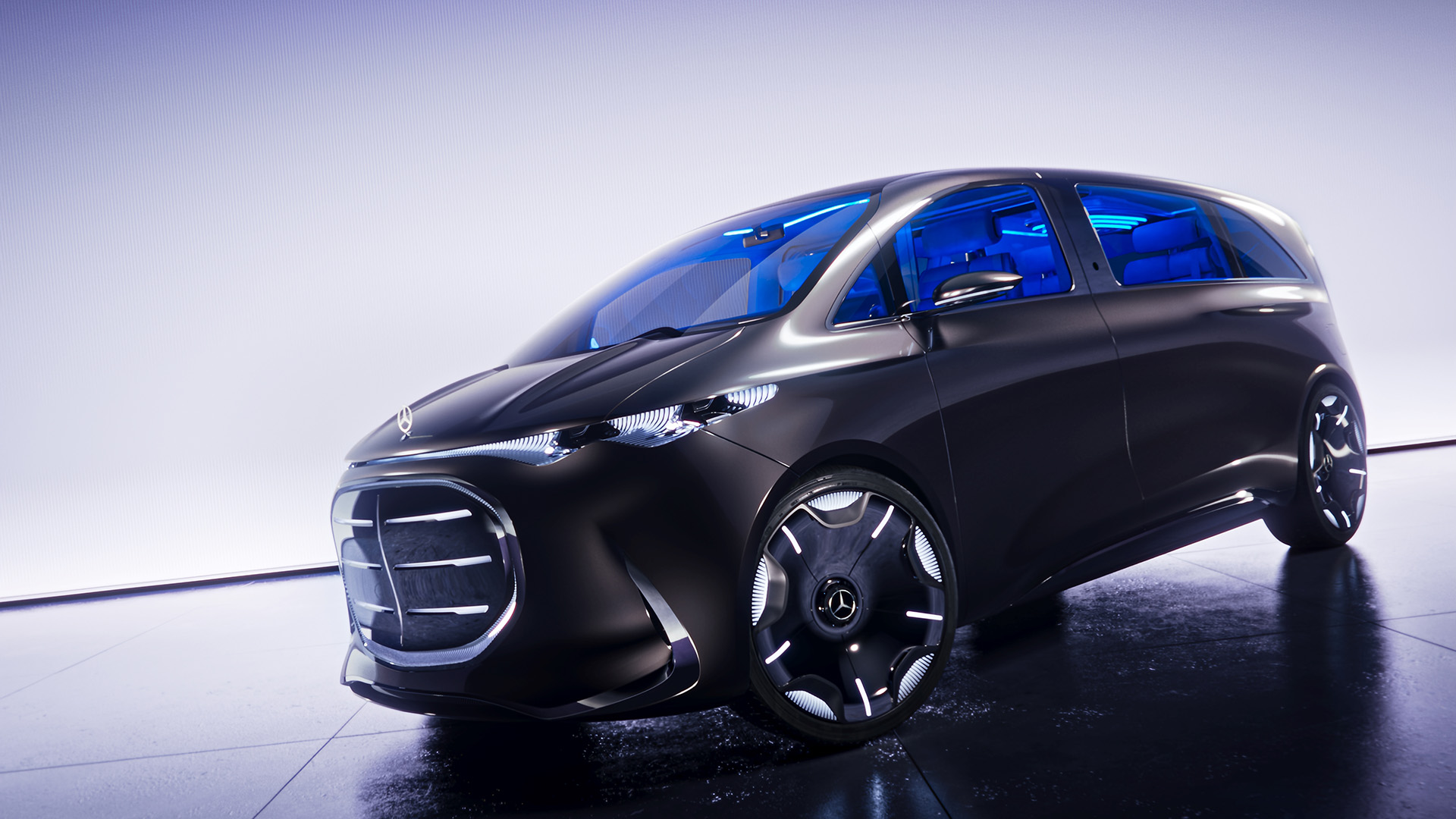 The new Mercedes Vision V concept might be the coolest van I’ve ever seen
The new Mercedes Vision V concept might be the coolest van I’ve ever seenThe interior of this Mercedes van looks more luxurious than a private jet
By Alistair Charlton
-
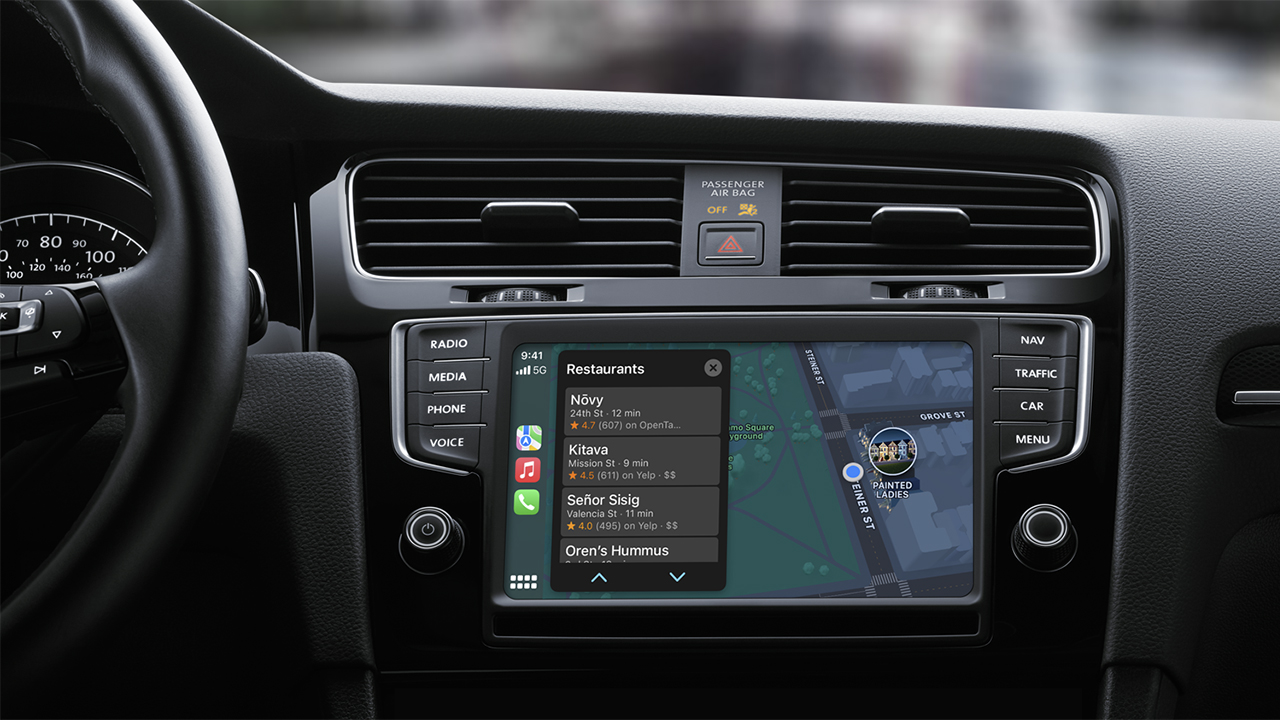 One of Apple CarPlay's new Tesla-like features will soon be removed again
One of Apple CarPlay's new Tesla-like features will soon be removed againJust when you thought you could watch Netflix through CarPlay
By Rik Henderson
-
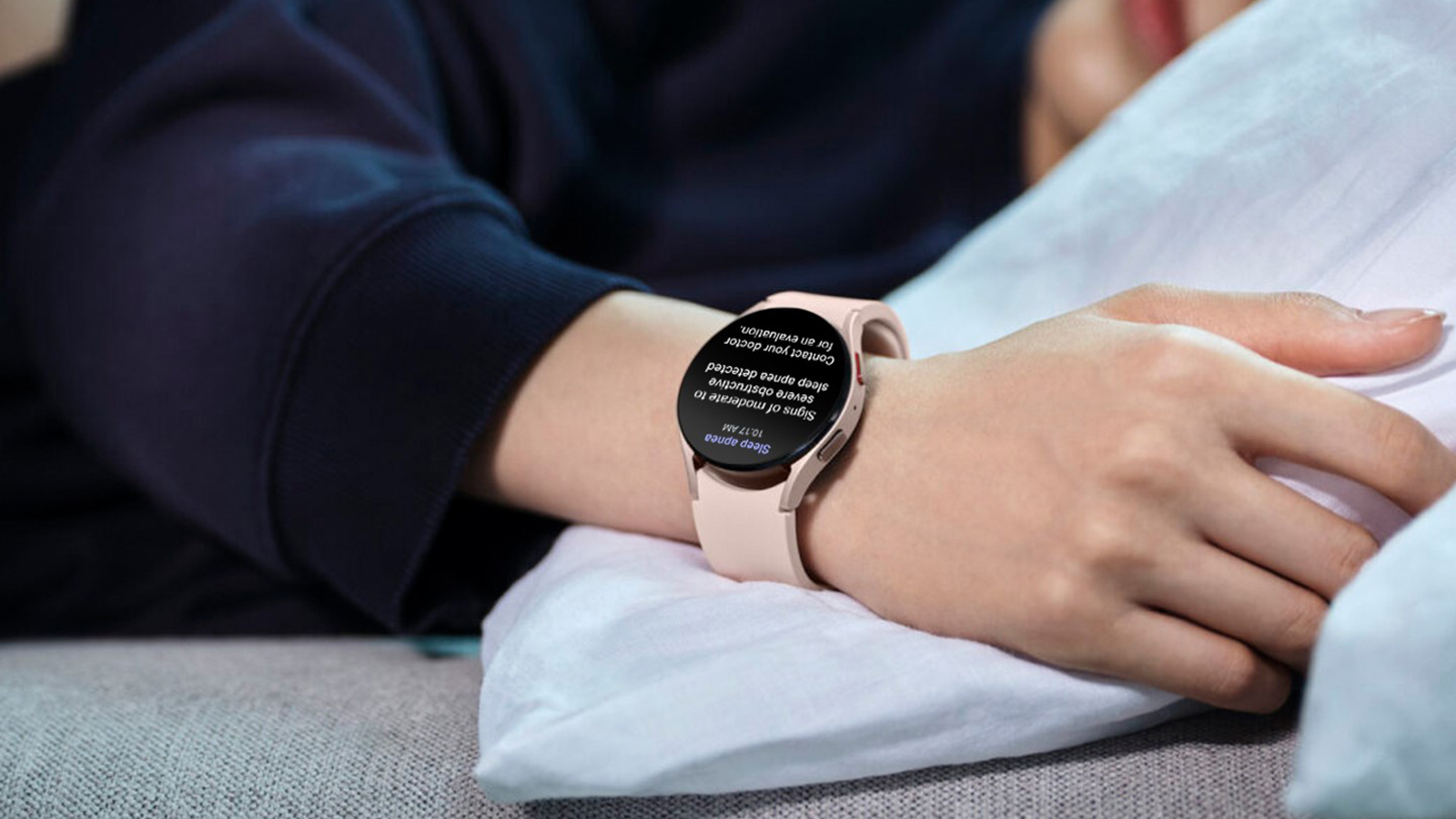 Do smart sleep gadgets actually improve your sleep? T3 investigates...
Do smart sleep gadgets actually improve your sleep? T3 investigates...Sleep gadgets like Oura Ring 4 and the Withings Sleep Analyzer could help you get those eight hours per night
By Max Slater-Robins
-
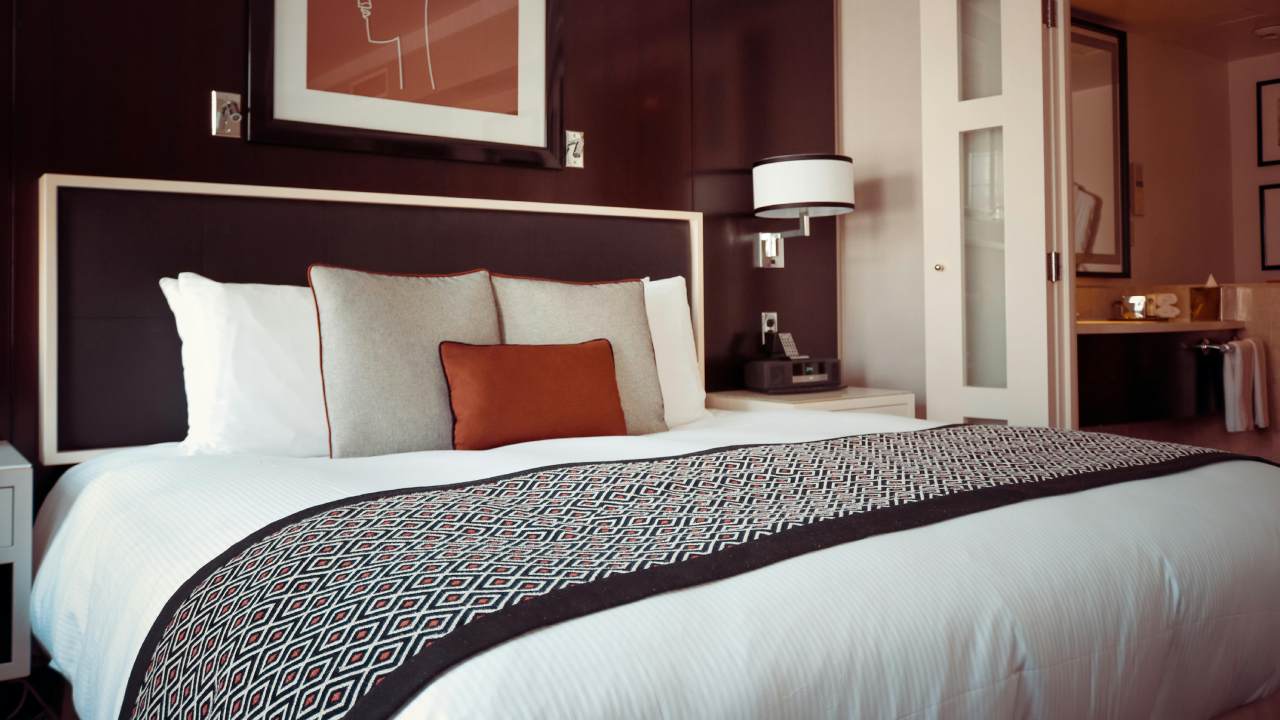 I stayed in 5 hotels in 2 months – here’s how to get hotel-worthy bedding at home
I stayed in 5 hotels in 2 months – here’s how to get hotel-worthy bedding at home7 hotel-inspired bedding tips to make your own bed just as cosy
By Bethan Girdler-Maslen
-
 I spent 6 weeks with the FoodMarble Aire 2: here’s what I learned about my gut health
I spent 6 weeks with the FoodMarble Aire 2: here’s what I learned about my gut healthI’ve been testing the clever breath-testing gadget with the companion app over several weeks to find out if it delivers on its promises
By Lee Bell
-
 Oil pulling is going viral on TikTok for stopping morning breath – but does it actually work?
Oil pulling is going viral on TikTok for stopping morning breath – but does it actually work?4 hacks that prevent morning breath, according to a sleep expert
By Bethan Girdler-Maslen
-
 These limited edition McLaren x Loop earplugs are what you need for Formula 1 season
These limited edition McLaren x Loop earplugs are what you need for Formula 1 seasonMcLaren teams up with Loop on limited edition noise-reducing earplugs
By Bethan Girdler-Maslen
-
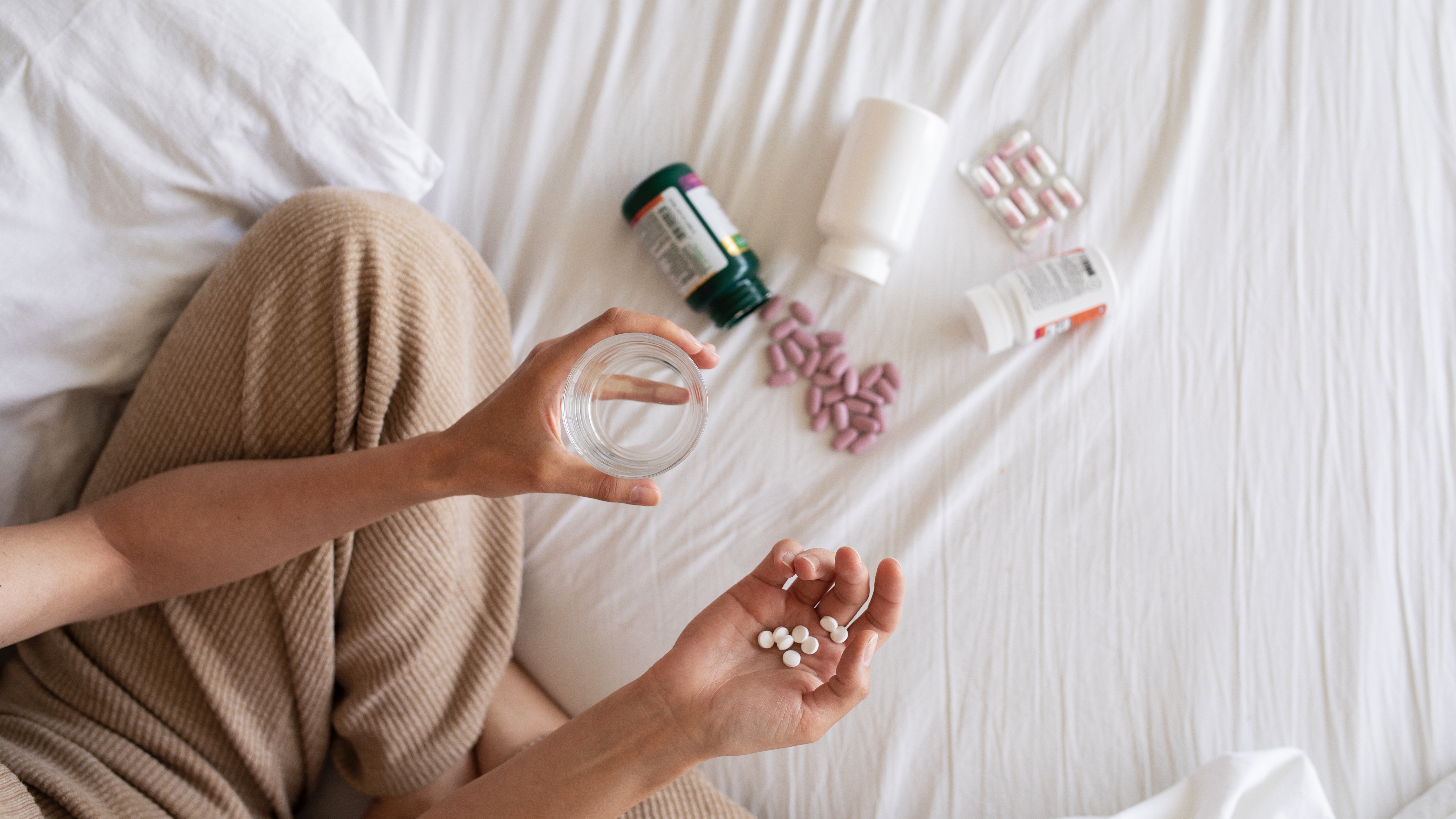 5 sleep supplements that help me achieve 8+ hours of rest every night
5 sleep supplements that help me achieve 8+ hours of rest every nightIt took me years to perfect my sleep routine – here are the supplements that helped
By Lizzie Wilmot
-
 3 reasons why you wake up at 3am every night – and how to avoid it
3 reasons why you wake up at 3am every night – and how to avoid itAlways waking up in the middle of the night? This could be why…
By Bethan Girdler-Maslen
-
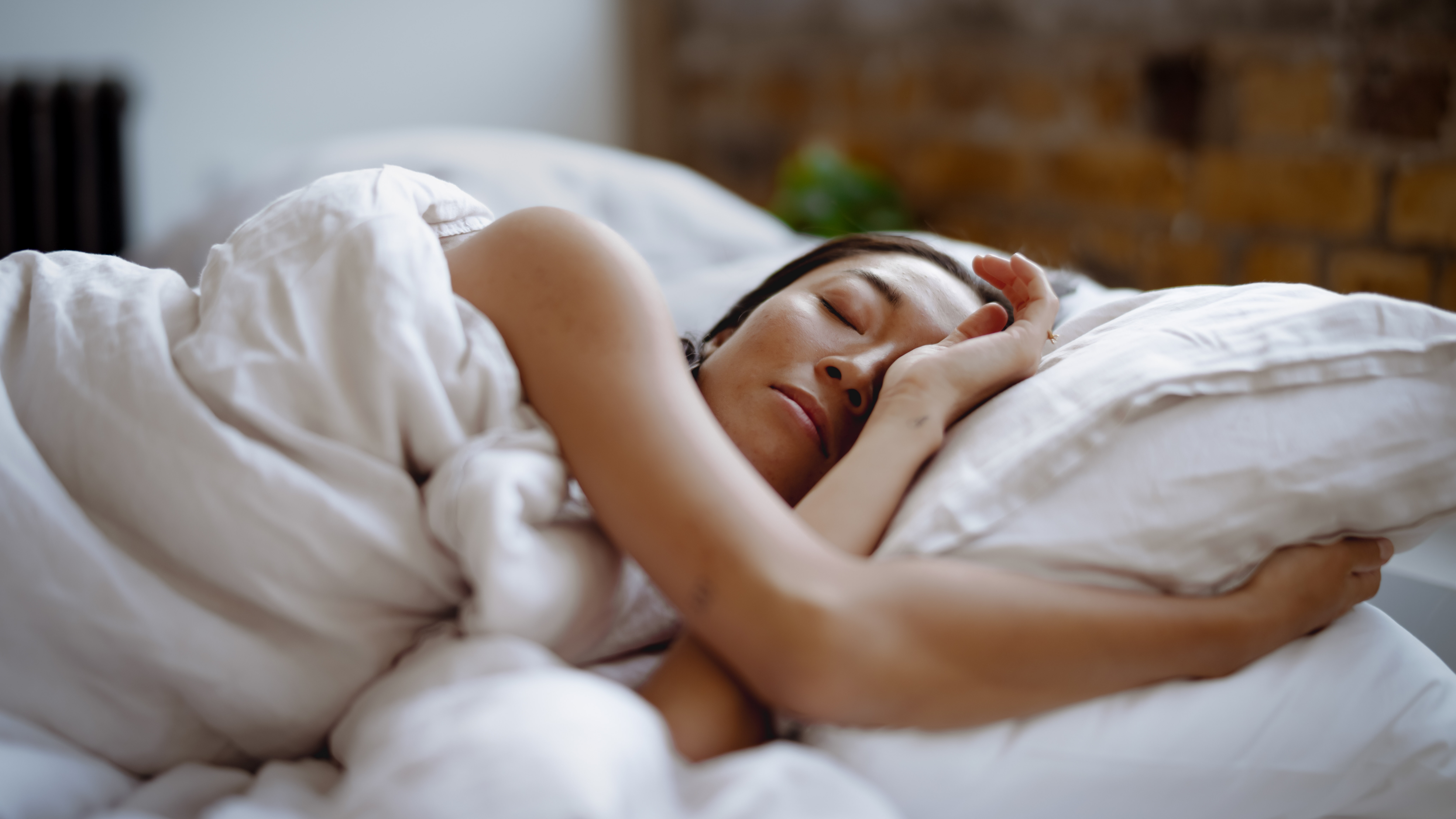 This tiny device will automatically disable your distracting apps before you sleep
This tiny device will automatically disable your distracting apps before you sleepSay hello to Kip...
By Lizzie Wilmot